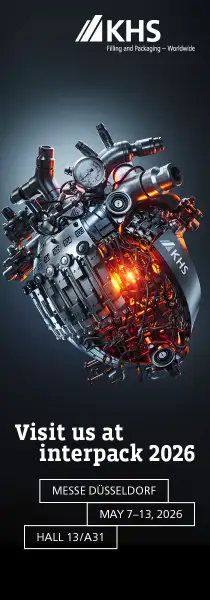Packaging that opens and closes itself? Chinese scientists invent liquid metal-coated paper as smart material
 (All image credits: Study titled “Direct fabrication of liquid-metal multifunctional paper based on force-responsive adhesion”).
(All image credits: Study titled “Direct fabrication of liquid-metal multifunctional paper based on force-responsive adhesion”).27 Jun 2023 --- Scientists at Tsinghua University in China have developed a liquid metal coating that can transform regular paper into a new fabricated material option for wearable testing platforms, flexible devices and soft robotics.
The researchers detail that by incorporating liquid metal, paper acquires additional functionalities, such as improved electrical conductivity, increased stiffness variability and enhanced thermal conductivity.
Using a stamping technique, the team could apply the formulated liquid alloy to paper and eliminate the need for adhesives. The metal-coated paper retains the ability to be folded and can be switched between soft and rigid states via phase change of liquid metal.
“The adhesion endowed by the liquid metal enhancer makes it possible for these individual components made by the enhanced paper to freely combine without extra adhesive such as glue or adhesive tape, permitting complicated structures that traditional paper materials cannot realize,” write the scientists.
The researchers stress the coated paper’s potential for making multifunctional smart materials from applications in wearable sensors, actuators, intelligent switches and printable circuits to packaging boxes that could open and close by themselves and healthcare, with bandages that come off without leaving a bald patch on the skin.
New material applications
The study, published in the journal Cell Reports Physical Science, compared an indium/gallium alloy (eGaIn) with an alloy of bismuth, indium and tin oxide (BiInSn). The latter was found to offer superior adhesion and stability.
“The enhanced paper treated by different forces displays completely different thermal and reflective properties, making it possible to be used as a smart thermal imagery device and special display equipment. This facile approach provides a new material option for the wearable testing platform and flexible devices and soft robotics in the coming time.”
“Taking advantage of this characteristic, separated parts made by the enhanced paper can be easily organized into multiple shapes. The connection can be regulated by temperature, which is reversible and easy to operate.”
Besides the mechanical performance, the authors highlight that the treatment is reversible, meaning the paper can return to its original state after peeling off the liquid-metal coating. This process allows for recycling and repeated use.
“Because of its favorable properties including degradability, absorbability and flexibility, paper has been widely applied nowadays in arts, education and printing,” they assert.
“Using [a fast fabrication] method, one can obtain a functionally enhanced paper with different appearances and performances by adjusting the force applied in the preparation process.”
Edited by Radhika Sikaria











